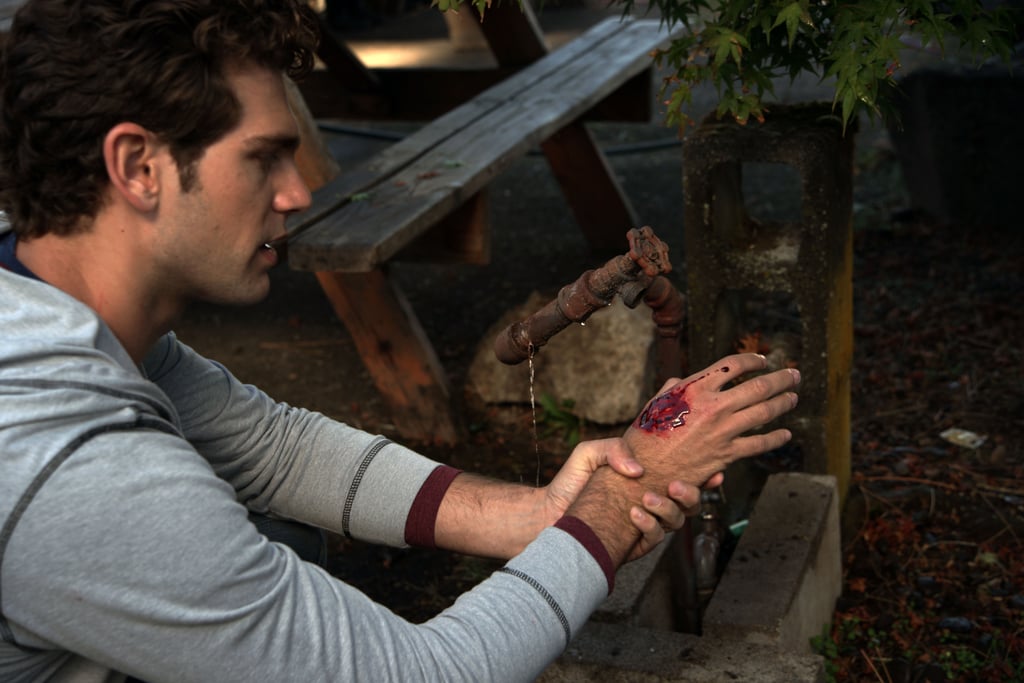

The traditional medical meaning of fever dates to before the Norman Conquest, and cabin fever has been used to refer to a disease that had fever among its symptoms, typhus: Even within their homes should minimise all non-essential contact with other members of their household. This means that these people should not leave their homes. We are now seeing a new sense for this word, as shown by its use in the official Irish governmental health recommendations:Ĭocooning is a measure to protect those over 70 years or those extremely medically vulnerable by minimising interaction between them and others. Indeed, this word has been in our dictionary since 1995, though only with the context of “leisure time” in its definition.

Lewis Walker, The Dunwoody Crier (Georgia), 24 March 2020 In a 1986 piece in The New Yorker magazine, she opined that the concept involves "building a 'shell of safety' around oneself." The word is enshrined in multiple dictionaries. In 1981, marketing strategist and trend spotter Faith Popcorn coined the term "cocooning." Cocooning was the idea of staying home instead of going out, feeling safe and insulated from perceived danger. In its sociological sense, cocooning means “the practice of spending leisure time at home in preference to going out,” and was coined with a sense of safety in mind:

The term empty nester refers to the way birds build their homes, and cocooning comes from the way some insects cover themselves in an envelope usually of silk as they transform from one stage of physical development to another. Using the attributes or activities of animals as metaphors is both a colorful and efficient use of language: think of squirreling away money, ferreting out the answer, horsing around, or bugging your family. Although use of these devices is part of today’s professional, educational, and practical reality, keeping tabs on the amount of screen time devoted to purely recreational purposes has become a focus of both parenting and sometimes guilty self-awareness.
CABIN FEVER MEANING PORTABLE
This has, of course, changed with the times: today, screen time refers to time spent with smaller, often very portable screens (especially compared with the silver screen). The term dates from 1921, the early part of the silent film era. Originally, screen time referred to how much time an actor was visible during the course of a movie, presumably the source of contractual demands for more money by an actor’s agents, the jealousy of other performers, and the perception of stardom by the public. Like mouse, cookie, lurk and browse, the era of the personal computer, the internet, and the smartphone has driven changes in our vocabulary.

The term screen time has a new meaning that has been superimposed on an older, existing term. The noun is usually pluralized as confines, and like so many English noun/verb pairs, it is stressed on the first syllable /CON-fynz/ while the verb has second-syllable stress /con-FYNE/ (think of other pairs that are pronounced in two different ways, like record, rebel, and object). So, literally, confine means something like “to stay within boundaries.”Ĭonfinement has a faint whiff of punishment (think solitary confinement), but it was also used to refer to the period just before and after childbirth, when only medical personnel and close family could be in the room where a woman gives birth, a period of time also known as lying-in. Confinement means “the state of being kept inside or within borders,” and it comes from the verb confine, a word that has one of those Latin word origins that tells a satisfying story: it comes from confīnis "having a common boundary” or “contiguous," ultimately from con- (“with, together, jointly”) and fīnis ("boundary, limit, ending")-also the root of the English word finish.


 0 kommentar(er)
0 kommentar(er)
